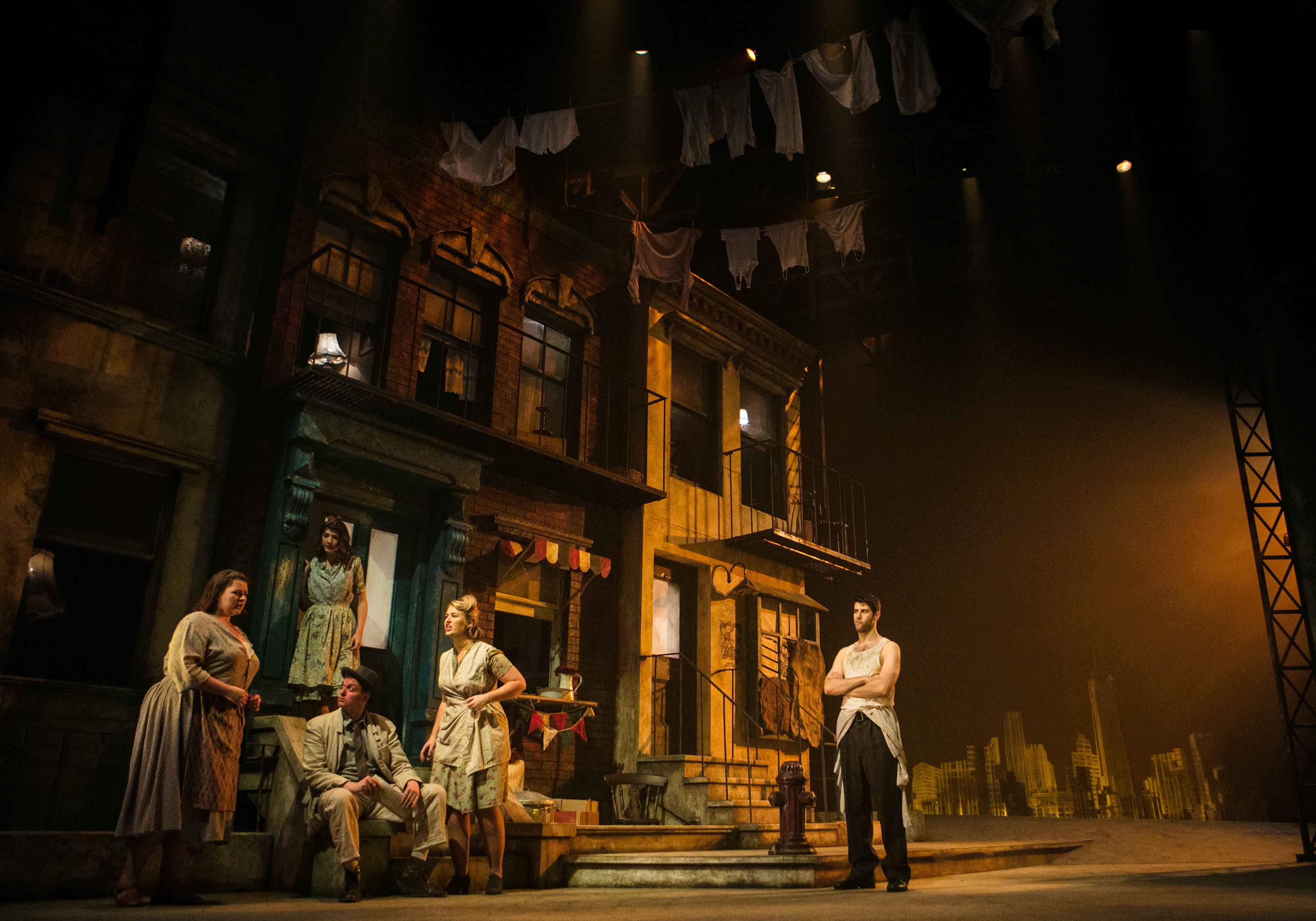RCS in Glasgow is the cultural beating heart of the city. Susan Elkin discovers more.
Glasgow is an artistically vibrant city. Of course we all think first of Edinburgh and its famous festivals but based, and thriving in, solid, elegant Glasgow are Scottish Opera, Scottish Ballet and Scottish Symphony Orchestra along with Citizens and Tron Theatres – and these organisations are just examples. Central to all this, in every sense, is the Royal Conservatoire of Scotland in Renfrew Street.
This is the alma mater of actors such as Phyllis Logan of Downton Abbey fame, James McAvoy, David Tennant and Ruby Wax along with dancers like Matthew Topliss and instrumentalists – cellist Sarah Ayoub, for example.
RCS is unusually, if not uniquely, eclectic in its range of courses. Comparable organisations tend to be less widely focused. Formerly the Royal Scottish Academy of Music and Drama, it changed its name to RCS in 2011 to reflect this breadth. There is now a large dance department (based on a different nearby campus, Wallace Studios, up one of Glasgow’s many hills). BA courses include acting, contemporary performance practice, music, education, musical theatre, performance in British Sign Language & English, production arts & design and production technology and management. The entire gamut of performing arts is here and, crucially, it means that students from different disciplines can work together and inspire each other. The digital prospectus https://www.youtube.com/watch?v=OroPk7fV3WA shows students making exactly that point as actors, musicians and dancers are filmed collaborating.
The principal is American composer and pianist Professor Jeffrey Starkey who made inspirational videos to support students during lockdown – using, in one, the First Prelude of Bach’s The Well- Tempered Clavier to illustrate and celebrate working together to find harmony at a very difficult time. These mini-performances sit somewhere between a school assembly and a rather good Open University programme, spurring students on as they were tutored and taught by Zoom and ingeniously created digital work by distanced musical ensembles and acting companies, for example. And Starkey talks warmly in the 2020 digital graduation ceremony of the “genre fluidity” of which everyone at RCS seems to be justly proud.
Of course, RCS training opportunities don’t end at undergraduate level. There are taught MAs in several different aspects of musical theatre and another in creative producing, for example. For musicians there’s a long list of Advanced Postgraduate Diploma in Performance opportunities. You can do a doctoral degree through RCS too – accredited by University of St Andrews. RCS has its own taught awarding degree powers for its other degrees.
RCS has a long history dating back to 1847 and the Glasgow Athenaeum, an education organisation praised by Charles Dickens. It became the Scottish Academy of Music in 1944 and in 1950 a drama department known as Glasgow College of Dramatic Art was established. It was renamed Royal Scottish Academy of Music and Drama in 1968.
Students, aspiring to work professionally in performing arts come from all over the world to study at RCS, but it’s also an organisation firmly rooted in its own community. There are partnerships and collaborations with the many arts organisations which are based nearby.
Junior Conservatoire provides tuition for talented young people aged 7-18 who audition for places. At the same time there is a wide range of open access short courses in drama, dance, music and related activities for children and young people from 3-17. There are plenty for adults, at all levels, to participate in too. You can even, if you wish, have tuition and take traditional graded music exams at RCS.
It all comes down to enabling access to the arts at every stage of life. “Human beings will always need art and will always have a desire for self expression” says Starkey. “This year students have had to master a new medium and useful skills which will go on being useful alongside life performance in the future.”
Operatic soprano Karen Cargill, who is an RCS alumna agrees. “Unsure, uncertain times often produce good work” she told 2020 graduands. “Take this opportunity with both hands and run like mad because graduation from RCS is like getting your driving licence. It’s just a first step towards getting out on the road.”
Royal Conservatoire of Scotland, 100 Renfrew Street, Glasgow G2 3DB and Wallace Studios, 210 Garscube Road, Glasgow G4 9RR 0141 332 4101 www.rcs.ac.uk @RCStweets




No Comments
No comments yet.
Sorry, the comment form is closed at this time.